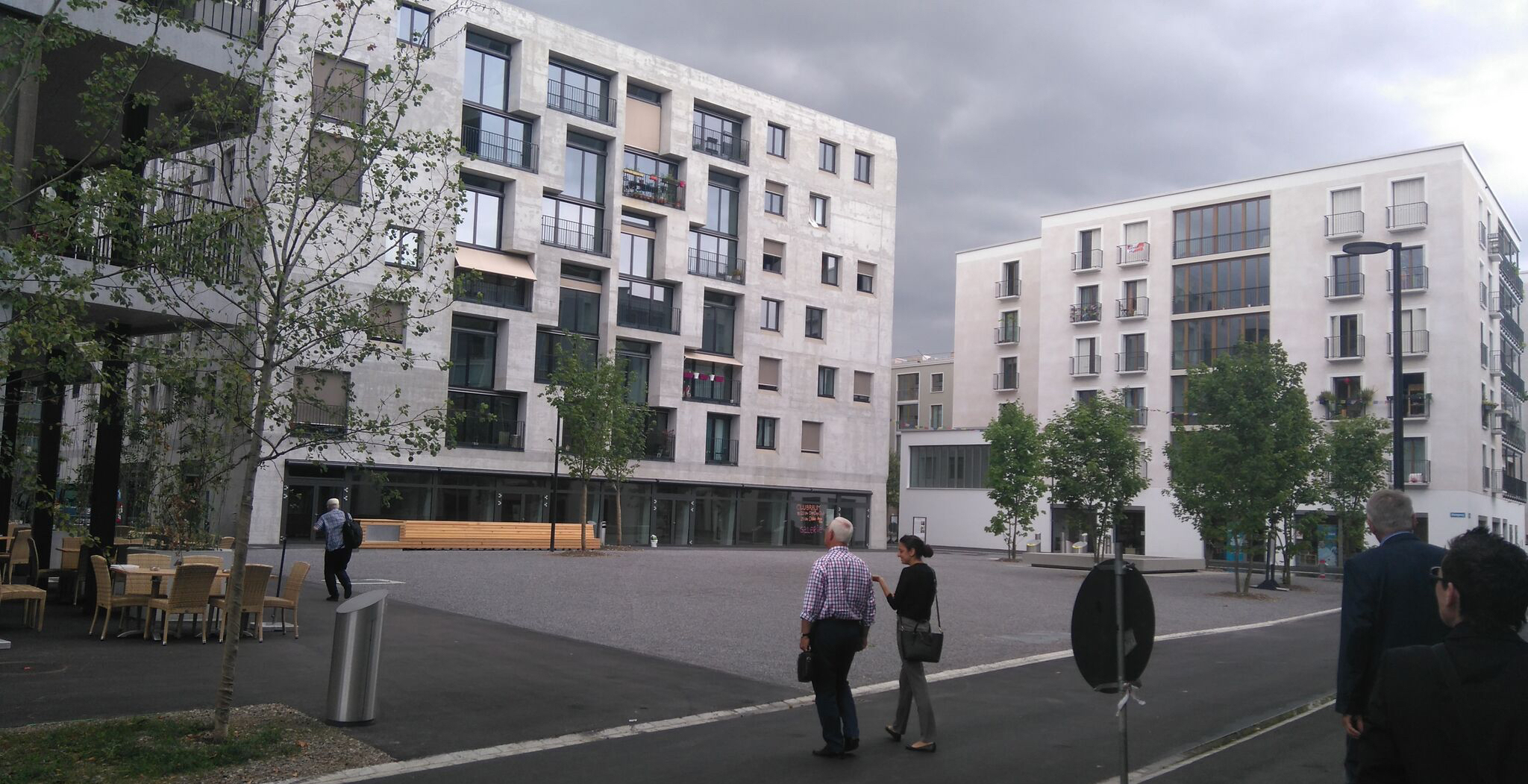Co-operatives, community land trusts and other housing models are coming together to help communities design their own homes and neighbourhoods.
The new concept – known as a platform for social production of habitat (SPH) – means locals are involved in projects, so they meet their own specifications rather than those set by the private market.
Based in Switzerland, the project began when a group of community-led housing practitioners met to discuss the formation of a global network to increase the visibility of the model and support local efforts through peer exchange, workshops, solidarity finance and campaigns, and a regional awards program linked to the World Habitat Award.
The partners are the Asian Coalition for Housing Rights, Building and Social Housing Foundation (BSHF), Co-operative Housing International, Grounded Solutions Network, Habitat International Coalition, Slum Dwellers International, and UrbaMonde.
UrbaMonde co-ordinates activities bringing together the six housing groups from different regions around the world. They focus on helping them to share practices and experiences.
Project manager Léa Oswald said: “The SPH platform emerged during the Habitat Forum which we organised in 2014 in Geneva, gathering various community-based organisations from around the world.
“Participants expressed their will to join forces to create a broader network and to work together to make innovative and successful projects visible, in order to foster a wider implementation of these inspiring models. The SPH platform strives to create active solidarity and experience exchange mechanisms between community-led housing projects, but also to establish new links with public and private actors.”
Related: Co-op homes ‘needed to solve New Zealand’s housing crisis’
As part of this work, UrbaMonde runs annual regional meetings and a digital social platform where projects are visible – psh.urbamonde.org. The meetings bring together community-led housing actors of a specific region to exchange experiences; organisations can also be rewarded for projects through the SPH Award.
The next Latin American meeting is held in Mexico on June 19th, and the projects which will receive awards have just been announced. These include two co-ops – Cooperativa Habitacional Esperança of Brazil and Cobañados of Paraguay.
Last year’s European SPH Award and World Habitat Award winner was Swiss housing co-operative: Mehr als Wohnen (Zurich).

“Many community-led housing models are now spreading around the world, which demonstrates that, through collective action, a large variety of effective solutions can be found to the lack of access to adequate and sustainable housing. The housing co-operative model is one of the most implemented,” said Ms Oswald.
She added: “The housing co-operative model, based on the participation and action of the inhabitants, responds directly to their needs. It focuses on a sustainable, healthy, accessible and secure urban environment, where people live together – where people design, build and share their common space in new innovative ways and, through that, create a strong social cohesion and new solidarity mechanisms.”
Related: UK’s newest student housing co-op calls for members
The contribution of housing co-ops has been highlighted in the non-binding 20-year strategy adopted at the United Nations Conference on Housing and Sustainable Urban Development in Ecuador. Known as Habitat III, the conference resulted in a New Urban Agenda, which pledges to encourage the development of co-operative solutions, such as co-housing, community land trusts and other forms of collective tenure.
UrbaMonde uses the platform to make projects visible and spreading community-led housing initiatives. One of the projects promoted is by Fucvam, the Uruguayan Federation of Mutual Help Housing Cooperatives.
Over 100 projects featured on the digital platform, many of them co-operatives or community land trusts.
CHI and the Grounded Solutions Network are also involved in regional hubs and want to raise US $54,000 to coordinate workshops and administer the award in North America.
They will host hub Intersections 2017 in Oakland, California, on 9-12 October. Participation is expected from community land trusts, housing co-operatives, local governments with inclusionary housing programmes – which require a share of affordable homes in new developments – as well as policy, advocacy and research organisations.
“The future plans are to develop and strengthen the international network of social production of habitat, starting with the implementation of the platform in different regions worldwide (Africa and Asia in 2018),” said Ms Oswald.
Housing co-ops are one of the key players in spreading the SPH model, she added.
“Several experiences, notably in Latin America, have proven it is possible to implement the housing co-operative model in different contexts, bringing an efficient solution to the lack of access to adequate housing,” she said.
“Through documenting, sharing and making visible the existing housing co-operatives, we hope that other inhabitants groups will find the inspiration to implement the model in their own context.”
The platform’s peer-to-peer financing is a way for housing co-operatives to not only get a better return on investment (Switzerland’s interest rates are 0%) but also provide access to finance to groups in regions where financing is hard to come by, she said.